Although China has not reported any monkeypox cases, the country has raised its alert level and is ready to cope with the rapidly-spreading zoonotic infectious disease, health experts said on Sunday, after monkeypox was labeled by the World Health Organization (WHO) as a global health emergency, the highest level of alert.
China has been closely following monkeypox updates and has made a slew of arrangements across governmental departments including customs authorities, health departments and hospitals before the WHO made the declaration. And with mature epidemic prevention and control experience to guard against COVID-19, China should be skilled in preventing threats posed by monkeypox, experts said.
After one month of discussion, the WHO declared monkeypox a public health emergency of international concern (PHEIC) on Saturday, which will call for an international coordination and collaboration on vaccines and treatment sharing.
"The risk of monkeypox is moderate globally and in all regions, except in the European region where we assess the risk as high. There is also a clear risk of further international spread, although the risk of interference with international traffic remains low for the moment," WHO Director-General Tedros Adhanom Ghebreyesus said on Saturday.
Monkeypox cases have ballooned from 3,040 patients from 47 countries and regions one month ago to now more than 16,000 cases reported from 75 countries and territories, and five deaths, Tedros said.
An expert from the Chinese Center for Disease Control and Prevention (China CDC), who requested anonymity, told the Global Times on Sunday that the declaration of monkeypox as a PHEIC means more cases of the virus have been reported in more countries throughout the globe. China as a WHO member has been working closely with the international organization over monkeypox precautions.
Under the suggestions of the WHO and the deployment of China's National Health Commission (NHC), prior to the WHO's declaration, hospitals across China have prepared to sound an alarm over potential monkeypox cases, a medical expert from a provincial-level epidemic control command center surnamed Shang told the Global Times on Sunday.
Hospitals have organized medical experts and doctors in all departments, especially the infectious diseases department to study the virus in seminars before any cases are reported, and some local health departments have even spread monkeypox-related information to communities, allowing the general public to be aware of its existence, Shang told the Global Times.
Fever clinics in Chinese hospitals are capable of screening for monkeypox, because local hospitals have already established procedures to respond to COVID-19 cases which can be used to monitor monkeypox as well, Shang noted.
China also made other deployments. In June, the NHC had issued guidance on monkeypox monitoring and medical treatment, and the China CDC issued guidance on monkeypox prevention and control.
The NHC guidance requires medical institutes to report suspicious or confirmed cases within 24 hours to health authorities and quarantine them accordingly.
The General Administration of Customs (GAC) in May urged customs in all levels to enhance their monitoring of the risk of monkeypox being imported into China. These practices will include checking the health of inbound personnel, as well as the quarantine of goods and rodents carried into the country.
Unlike COVID-19, monkeypox is not a new infectious disease that requires more conditions for transmission and is therefore less efficient in its transmission. But as the risk of imported cases will increase due to the worsening situation in other countries, the above-quoted anonymous health expert suggested that China further raise its guard against imported monkeypox cases, from screening to diagnosis.
Lu Hongzhou, head of Shenzhen's anti-epidemic expert team and head of the Third People's Hospital of Shenzhen in South China's Guangdong Province, told the Global Times on Sunday that strict epidemic prevention and control mechanisms in customs, which have been practiced in dealing with imported COVID-19 prevention and control for nearly three years, can effectively screen patients and put them under quarantine.
The GAC cautioned that if travelers have shown symptoms of fever, headache, muscle ache, swollen lymph nodes and an extensive rash, they should report to the customs. Initial symptoms include fever, muscle aches, swollen lymph nodes and chills. A widespread rash on the face and body could develop later.
As part of its preparations against monkeypox, some Chinese test kit makers reached by the Global Times said they have developed nucleic acid test kits for monkeypox, which can be quickly put into mass production. Shanghai-based Zj Biotech, one of the test kit providers for the WHO, said recently it had received at least 17 urgent orders from the WHO.
Meanwhile, experts said that there are no technological problems in developing a Chinese vaccine against monkeypox and a rapid special review by China's drug administration could help the country develop the vaccine in roughly a year.









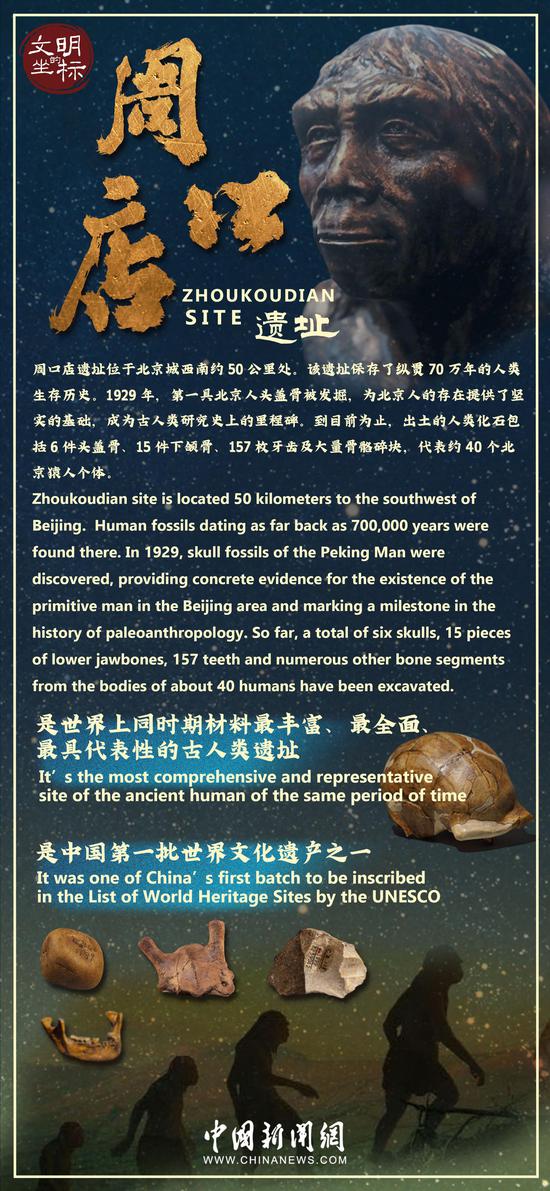


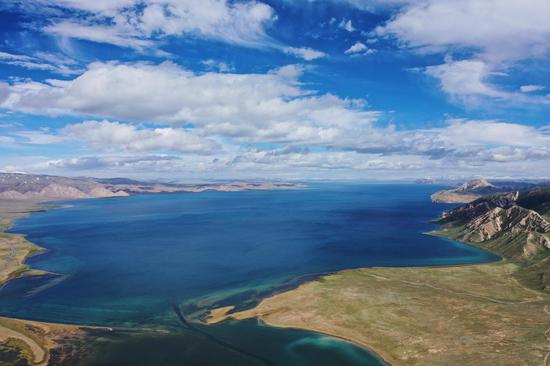

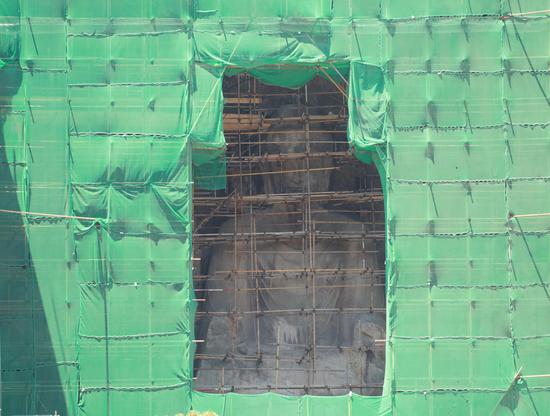
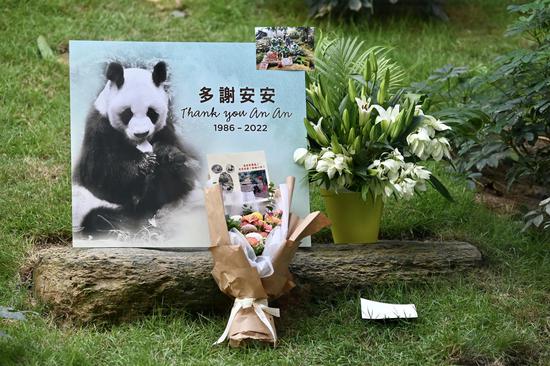

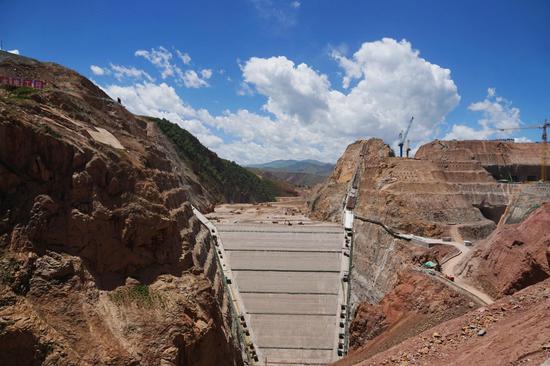
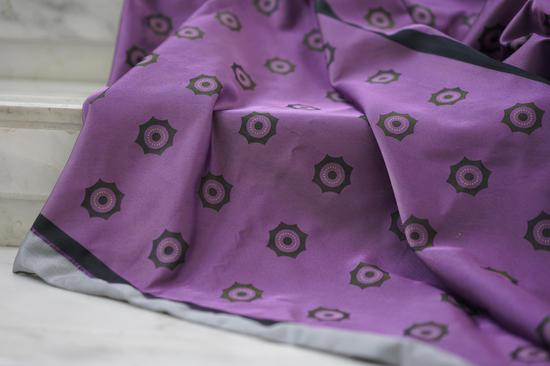



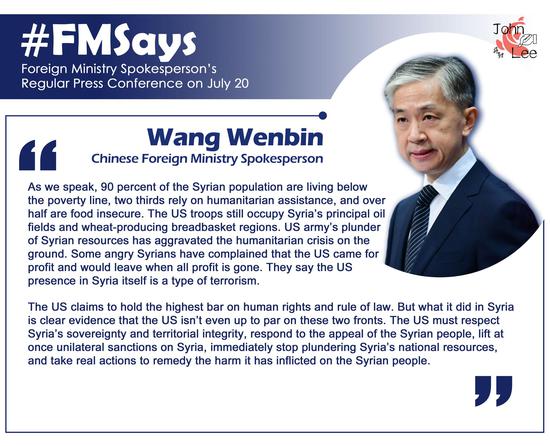
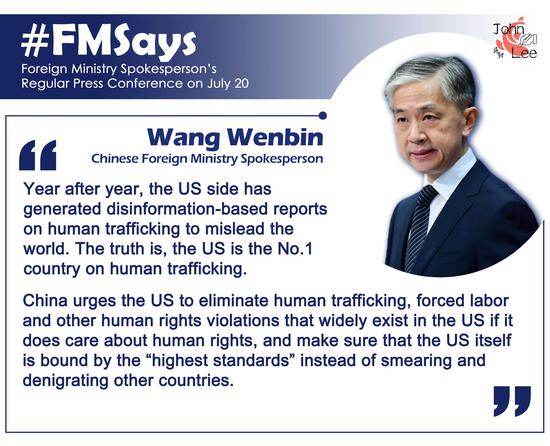

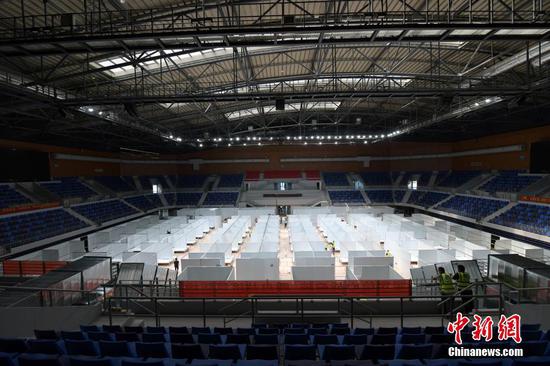
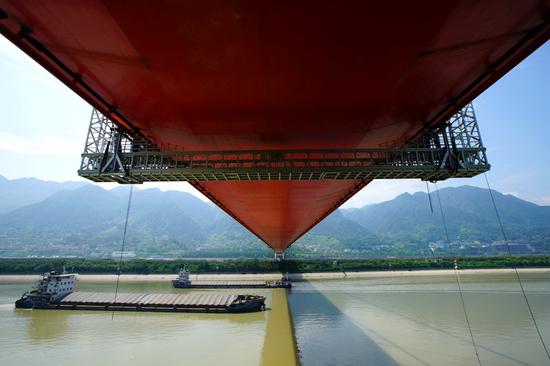
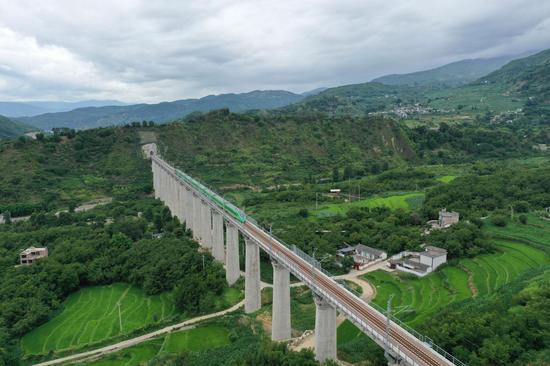
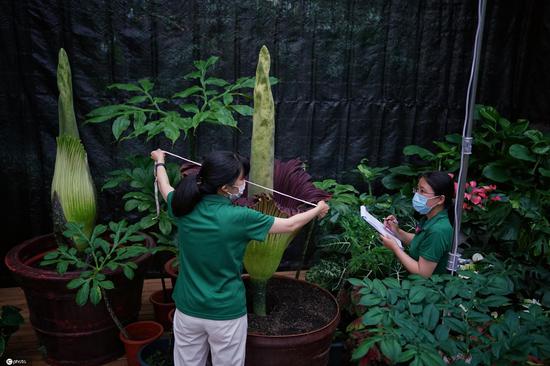
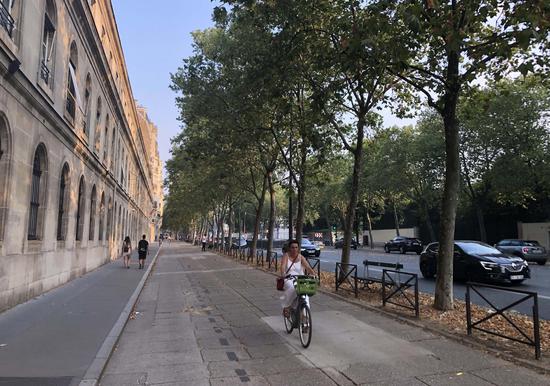
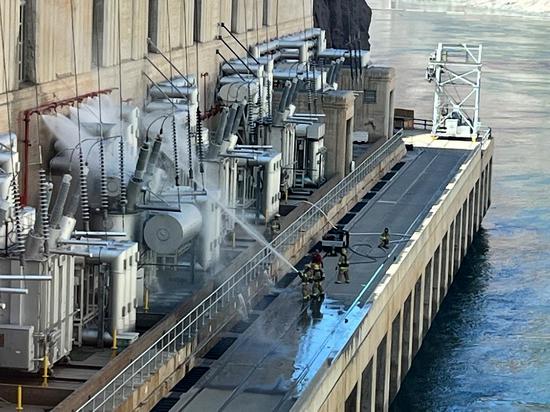

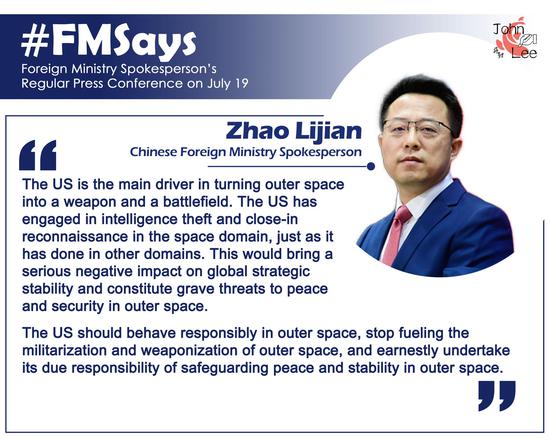
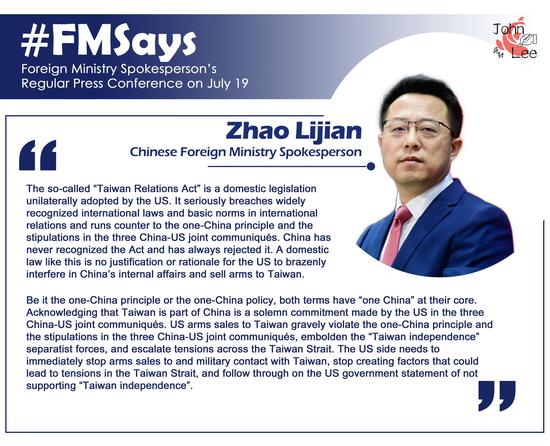
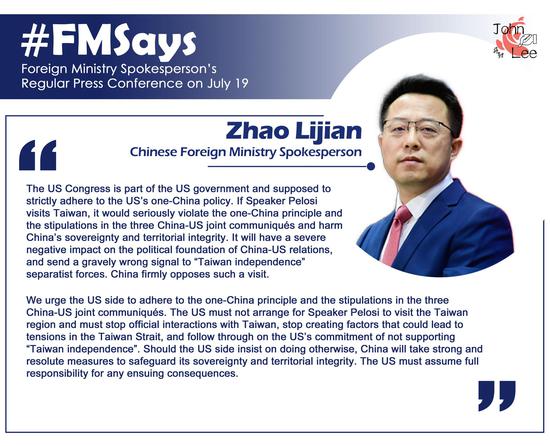

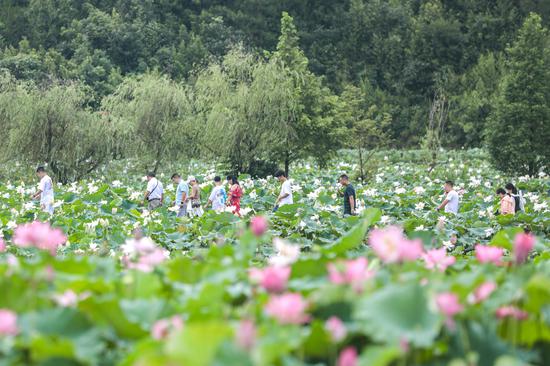
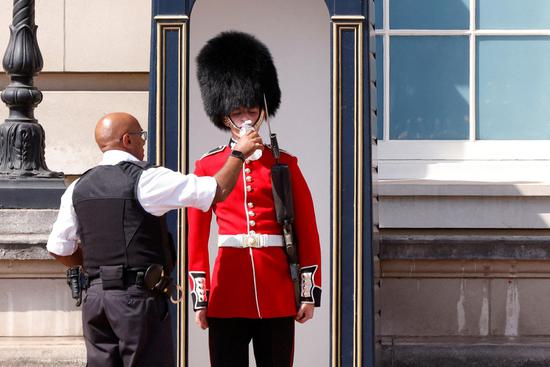
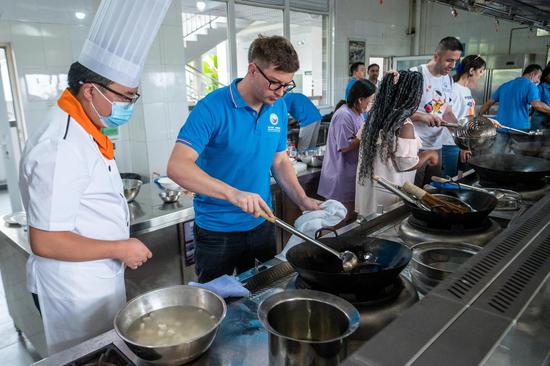

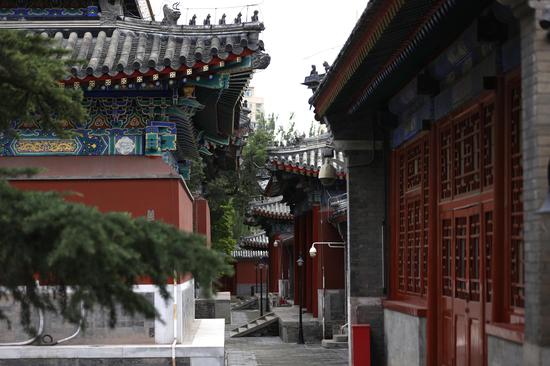

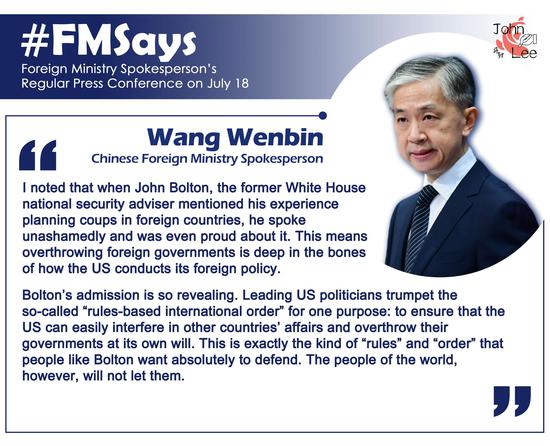
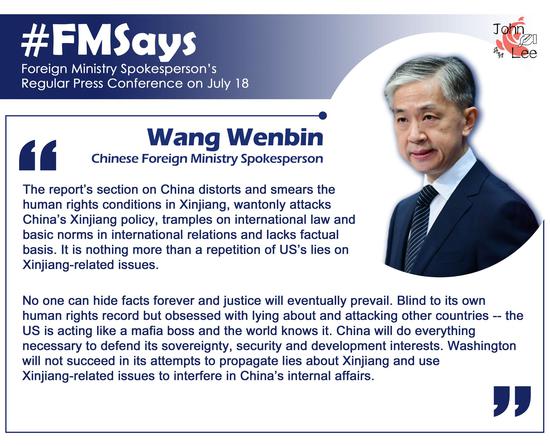






 京公网安备 11010202009201号
京公网安备 11010202009201号